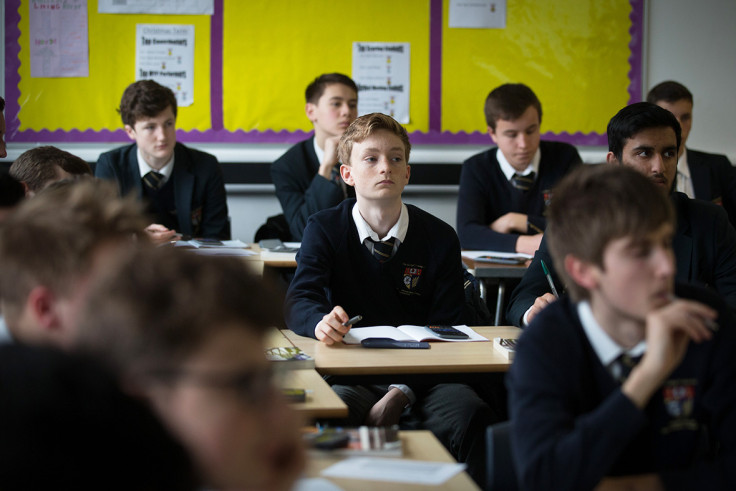Budget cuts for every school in England likely according to new report
New funding formula has been placed under spotlight with some backbenchers speaking out against it.

Every school in England faces budget cuts over the next three years even once new funding plans are put into place, research says.
The study undertaken by the Education Policy Institute was investigating the impact that the government's new funding formula would have on schools up and down the country.
It found that even schools who benefitted from an increase in funds would see those gains neutralised by strains on overall budgets.
The government insists however that schools funding is at a record £40bn level.
But the EPI estimates that average losses will reach £74,000 for primary schools and £291,000 for secondary schools by 2019-20.
Budget strains have built up in recent years to due to rise in pay, pensions and National Insurance contributions which will account for between 6% and 11% of their budgets by 2019-20.
The government insist that the overall schools budget is at a record level of £40bn which is due to rise by an additional £2bn as pupil numbers increase.
The Department for Education reiterated that: "Schools will be funded according to their pupils' needs, rather than by their postcode, with more than half set to receive a cash boost."
One Conservative MP has spoken out against the new formula which has caused unease among some backbenchers.
Cotswolds MP Geoffrey Clifton-Brown said: "Ministers recognise that this won't go through in its present form" adding that the government "will have to alter it."
Speaking on the BBC Today programme, he added that government would have to do a U-turn or face a loss in the House of Commons.
EPI chairman David Laws said a new funding formula was long overdue.
But he added: "As our analysis shows, however, the government may receive little credit from schools for these reforms – as even the schools benefiting from the new formula have their gains completely wiped out by other funding pressures."
The report says: "There are unlikely to be any schools in England which will avoid a real terms cut in per pupil funding by 2019-20, even in areas benefiting from the new formula."
Education secretary Justine Greening announced the changes to formula in December 2016 to try and resolve "unfair" and "inconsistent" funding levels.
© Copyright IBTimes 2025. All rights reserved.






















